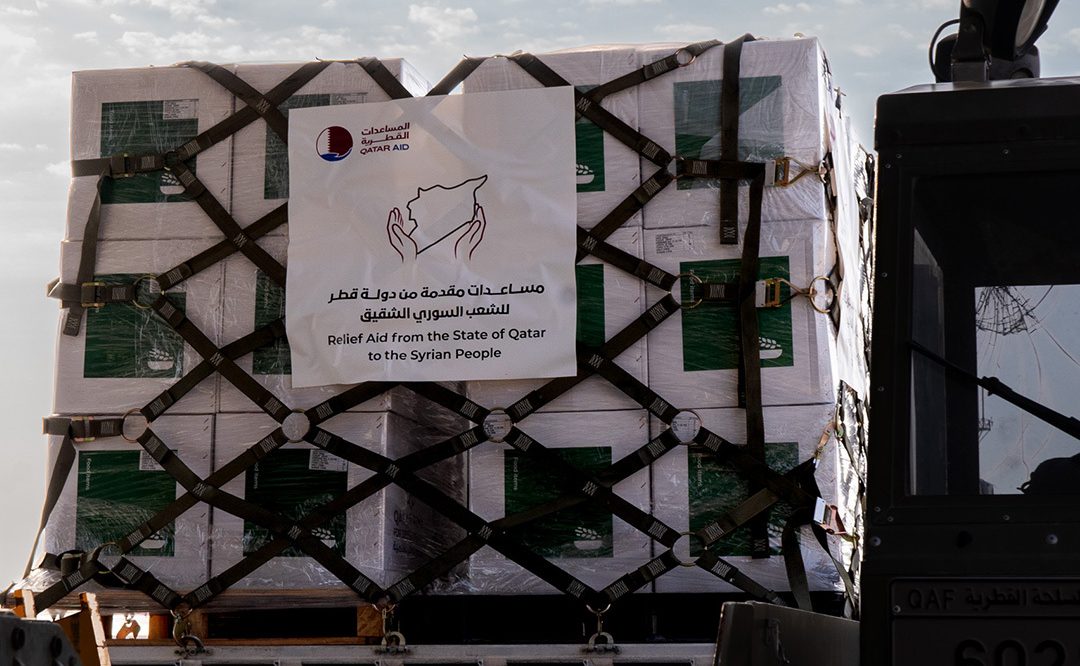As COVID-19 restrictions continue, new demand for residential property decreases.
Further rent reductions are likely to occur due to stifling demand for housing in Qatar amid the coronavirus pandemic in Q3, Cushman and Wakefield Qatar (CWQ) reported.
According to CWQ, the measures taken to curb the spread of COVID-19 mainly through travelling have affected the new demand for residential property, forcing prices to go down.
“Following a shutdown in retail, office and hotel activity between March
and June, Q3 saw an increase in economic activity as the phased lifting of restrictions was put in place,” said CWQ.
With COVID-related lockdown measures affecting mobility indices in the country, Qatar’s population was significantly lower during August. However, there was an evident increase after restrictions were gradually lifted, improving the mobility indices from 57.3% in August to 98% in September.
“Despite the challenges of 2020, Qatar’s real estate market has held up remarkably well, with West Bay prime commercial and prime villa rents stabilising over the 9 months of 2020 to date,” said Edd Brookes, CWQ’s General Manager.
Read also: Qatar real estate transactions top QR4 billion in August alone
The report also mentions that there has been more flexibility among lessors due to the rise in real estate vacancies as they also deal with an increasingly competitive market, with tenants being offered shorter-rent terms up to six months.
“The share of tenants looking for furnished, rather than semi-furnished apartments has also been increasing in recent months,” said the report.
With people gradually returning to the country as measures continue to be eased, monthly rents for two-bedroom apartments in the Pearl-Qatar range between QAR 9,500-to-12,000, whereas the same units located in Al Sadd stand between QAR 5,000-to-6,500 with utilities.
“Whilst the difficulties of travelling have undoubtedly upset many holiday and work trips, this has meant an increase in domestic real estate transactions as well as a boost to the hospitality market in terms of staycations and F&B revenue once hotels were allowed to re-open,” added Brookes.
The report also mentioned that the increase in real estate supply is expected to continue witnessing a fall in rent prices, which will be interrupted in 2022 as the demand begins to go up in anticipation of the 1.5 million football fans expected to visit Qatar for the World Cup.
Follow Doha News on Twitter, Instagram, Facebook and Youtube







